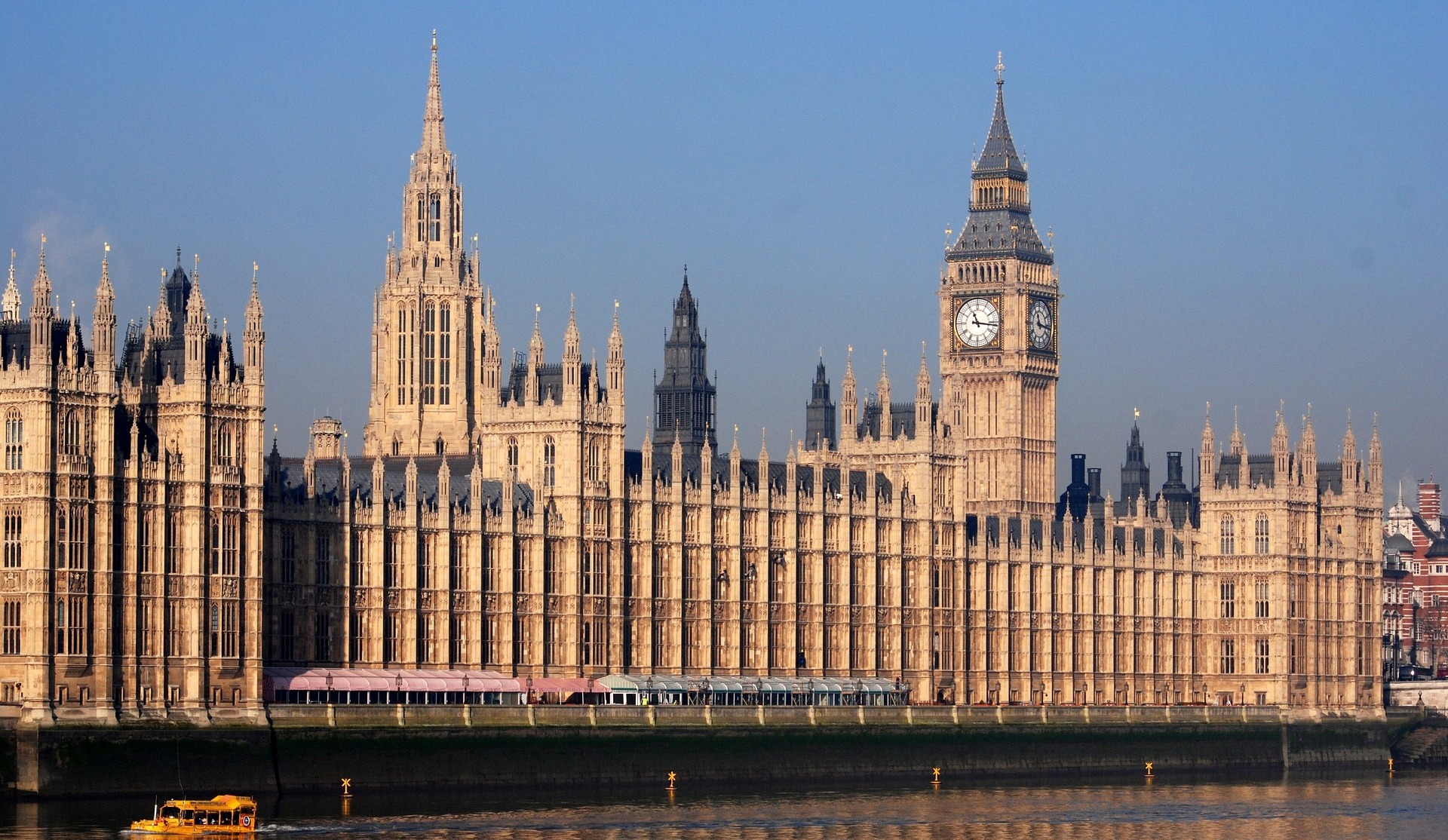Spring Budget 2023 - Summary
Posted on 16th March 2023
The Chancellor delivered his Spring Budget on 14 March 2023 and highlighted that “In the autumn we took difficult decisions to deliver stability and sound money… Today, we deliver the next part of our plan. A budget for growth… long-term, sustainable, healthy growth that pays for our NHS and schools, finds jobs for young people, and provides a safety net for older people all whilst making our country one of the most prosperous in the world.”
He concluded his speech stating that “We tackle the two biggest barriers that stop businesses growing: investment incentives and labour supply. The best investment incentives in Europe. The biggest ever employment package… The declinists are wrong, and the optimists are right. We stick to the plan because the plan is working.”

Corporation Tax
From April 2023, the planned increase in the corporation tax rate to 25% for companies with over £250,000 in profits will go ahead. Small companies with profits up to £50,000 will continue to pay corporation tax at 19%.
Companies with profits between £50,000 and £250,000 will pay tax at the main rate reduced by a marginal relief providing a gradual increase in the effective corporation tax rate.
This is complicated - for more details on this, please see my separate blog here.
Capital Allowance Changes
1. Annual Investment Allowances
Annual Investment Allowance was previously confirmed at a permanent rate of £1m from April 2023 and will stay.
2. Super Deduction
The super-deduction introduced during the Covid pandemic will come to an end on 31 March 2023 as previously planned.
3. ‘Full expensing’ deduction
In order to replace super-deduction, a new ‘Full Expensing’ deduction is announced from 1 April 2023 until 31 March 2026. The relief allows companies to claim 100% first-year deduction from profit before tax (50% for special pool rate) on qualifying new main-rate plant and machinery investments. With AIA still available, this won't have a big impact for small businesses despite the big headlines!
Research and development
For expenditure incurred on or after 1 April 2023, research and development (R&D) tax reliefs will be changed as follows:
The small and medium-sized enterprises (SME) additional deduction will decrease from 130% to 86%
The SME credit rate will decrease from 14.5% to 10%
R&D expenditure credit rises from 13% to 20% and
The R&D Intensive SME payable credit is introduced from April 2023 at the rate of 14.5%. A company is considered R&D intensive where its qualifying R&D expenditure is worth 40% or more of its total expenditure. These eligible loss-making companies will be able to claim £27 from HMRC for every £100 of R&D investment, instead of £18.60 for non-R&D intensive loss makers.
Pensions reform
The lifetime pension allowance charge will be removed from April 2023 before the allowance is abolished entirely from April 2024. The pension annual allowance is increased from £40,000 to £60,000 from April 2023. Money purchase annual allowance is increased from £4,000 to £10,000, which applies if you have already started drawing a pension.
Income tax
Personal tax thresholds – ie personal allowance, basic and higher-rate thresholds for income tax – are maintained until April 2028 at a current level of £12,570 and £50,270. The additional rate threshold is reduced from £150,000 to £125,140 from 6 April 2023.
National insurance
The national insurance thresholds for all classes will be maintained until April 2028 at the current level. The employment allowance is set to the current level of £5,000.
National Living Wage
From 1 April 2023, the National Living Wage is increased to £10.42 an hour, for those aged 23 and over.
Dividend allowance
Dividend allowance is reduced from £2,000 to £1,000 from April 2023 and to £500 from April 2024. The threshold of £2,000 has been in place since April 2018. From 6 April 2022, dividends are taxed at 8.75% (basic rate), 33.75% (higher rate) and 39.35% (additional rate).
Capital gains tax: reduce the annual exempt amount
As previously announced, the annual exemption amount for capital gains tax for individuals will change, from £12,300 to £6,000 from April 2023, then £3,000 from April 2024.
Stamp Duty Land Tax (SDLT)
Stamp duty land tax (SDLT) cuts for England and Northern Ireland will remain in place until 31 March 2025. From 23 September 2022, the nil-rate threshold of SDLT was increased from £125,000 to £250,000 for all purchasers of residential property in England and Northern Ireland and the nil-rate threshold paid by first-time buyers increased from £300,000 to £425,000.
As a reminder, the maximum purchase price for which First Time Buyers’ Relief can be claimed was increased from £500,000 to £625,000. This will be a temporary SDLT reduction, which will remain in place only until 31 March 2025.
Help with childcare
A phased package of support has been announced for help with childcare costs for accessing 30 hours of childcare for children over nine months old. The free childcare will be available for 38 weeks of the year.
VAT
No further changes to the VAT thresholds have been announced, and the VAT registration and deregistration thresholds at £85,000 will not change for a further period of two years from 1 April 2024.
From 1 May 2023 the VAT exemption on healthcare is extended to include medical services carried out by staff directly supervised by registered pharmacists.
Legislation will be introduced to digitise the DIY housebuilders’ scheme and will extend the time limit for making claims from three to six months.
Summary
The biggest surprise (although leaked earlier in the week) is the help with childcare. However nothing else interesting for small businesses and the biggest change remains the change in Corporation Tax rate.
If you have any questions on how the Budget impacts you, please get in touch!

Written by:
Nicola J Sorrell - Effective Accounting
Founder | Xero Champion | IR35 Expert
Tagged as: Budget & Tax Rates, For - Contractors, For - Employers, For - Limited Companies, For - Property Owners & Landlords, For - Self-Employed
Share this post:



